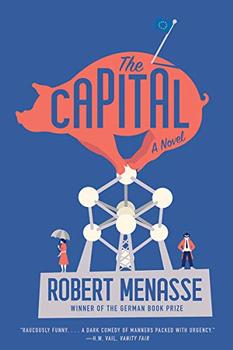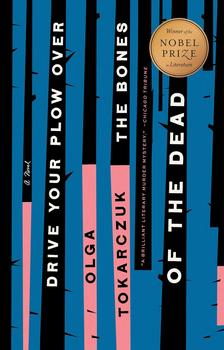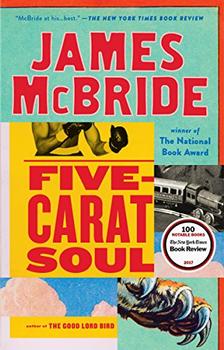Summary | Excerpt | Reviews | Beyond the book | Read-Alikes | Genres & Themes | Author Bio

A Novel
by Robert MenasseWinner of the German Book Prize, The Capital is an "omniscient, almost Balzac-ian" (Steven Erlanger, New York Times) panorama of splintered Europe.
Set on capturing the elusive inner workings of the European Union, Robert Menasse, one of Austria's most creative thinkers, moved to the EU's headquarters in Brussels for an enthralling, wine-soaked tour of supranational institutions. The resulting novel has become an international sensation, translated from German into more than twenty languages and deemed "the first great EU novel" (Politico). At the heart of a cast as diverse as the union itself is Fenia Xenapoulou, a Greek Cypriot recently "promoted" to the Department of Culture, who hopes to revamp the European Commission's image by proclaiming Auschwitz as its birthplace with the "Big Jubilee Project." Other tragic heroes, clever schemers, and involuntary accomplices are intricately woven, revealing the absurdities―and real dangers―of a fiercely nationalistic "union." Mordantly funny and piercingly urgent, The Capital, the winner of Germany's highest fiction prize, is an "elegantly written, beautifully constructed" (Die Zeit) feat of world literature.
Menasse clearly has a deep-rooted affection for what the E.U. represents at its core. The Auschwitz celebrations may be a cynical political ploy to curry favor with the public, but the continual references to the Holocaust and its survivors demonstrate how easily feuding nations can lead to genocide and why a federation is needed to safeguard and unify European citizens. The Capital is a multi-faceted novel of ideas that will inspire great debate about the E.U.'s evolving role in contemporary Europe...continued
Full Review
 (646 words)
(646 words)
(Reviewed by Dean Muscat).
 In addition to having a very real fugitive pig running through the streets of Brussels, Robert Menasse deploys a pig leitmotif throughout The Capital that takes on a wealth of significance across the novel. Characters discuss the value of pig's ears, and pork is served in a succulent cherry beer sauce. Even fictional pigs such as Babe, Miss Piggy and Peppa Pig are referenced.
In addition to having a very real fugitive pig running through the streets of Brussels, Robert Menasse deploys a pig leitmotif throughout The Capital that takes on a wealth of significance across the novel. Characters discuss the value of pig's ears, and pork is served in a succulent cherry beer sauce. Even fictional pigs such as Babe, Miss Piggy and Peppa Pig are referenced.
As Menasse goes on to philosophize through the character of Professor Kurt van der Koot, the symbol of the pig has been made to act as "good and evil, fortune and disaster, sentimental love, contempt and deep-seated hatred, eroticism and wickedness. It was the only animal which as a metaphor covered the entire breadth of human emotions and philosophies, from the ...

If you liked The Capital, try these:

Drive Your Plow Over the Bones of the Dead
by Olga Tokarczuk
Published 2020
In a remote Polish village, Janina devotes the dark winter days to studying astrology, translating the poetry of William Blake, and taking care of the summer homes of wealthy Warsaw residents. Her reputation as a crank and a recluse is amplified by her not-so-secret preference for the company of animals over humans.

by James McBride
Published 2018
Exciting new fiction from James McBride, the first since his National Book Award–winning novel The Good Lord Bird.
Great literature cannot grow from a neglected or impoverished soil...
Click Here to find out who said this, as well as discovering other famous literary quotes!